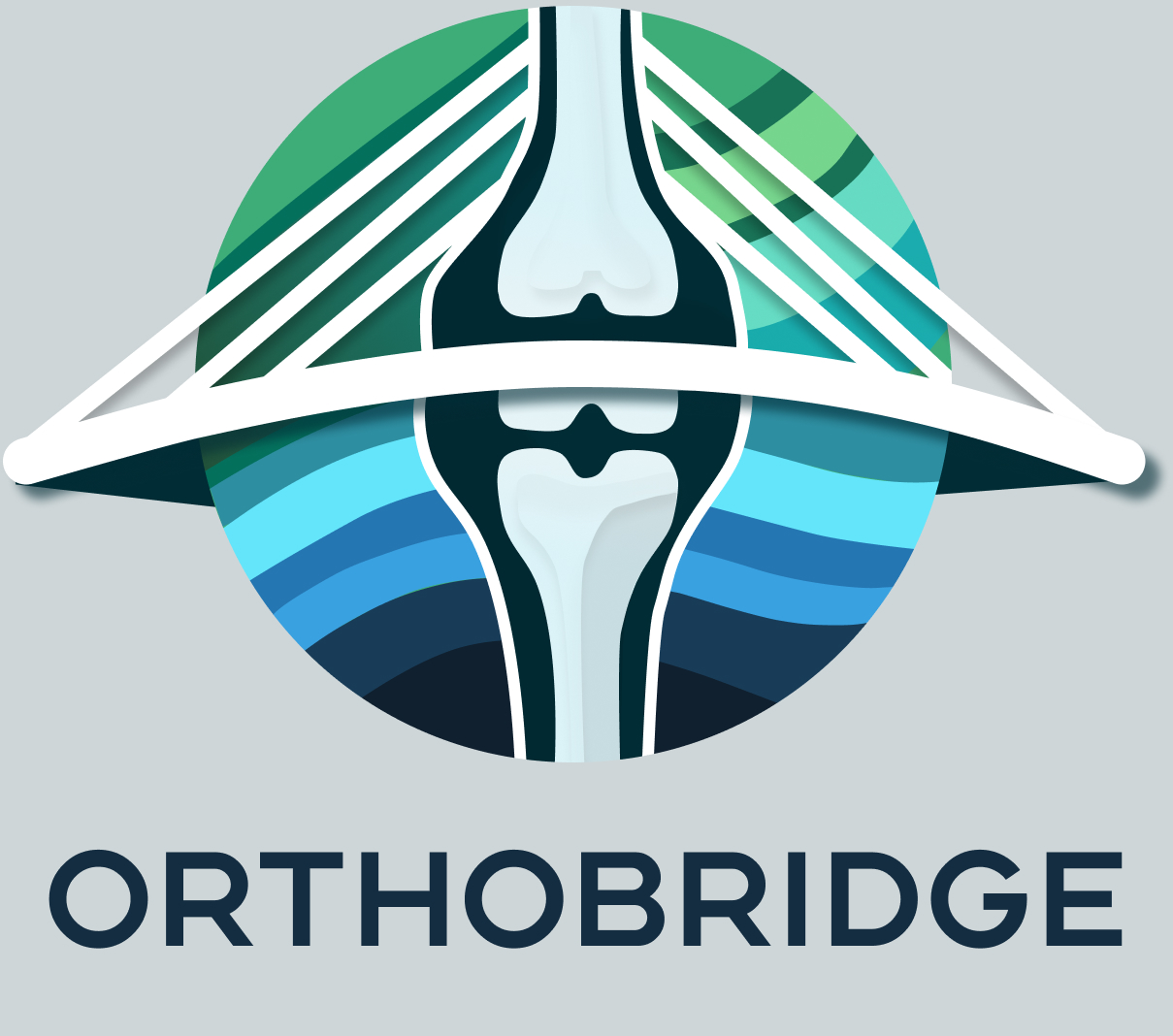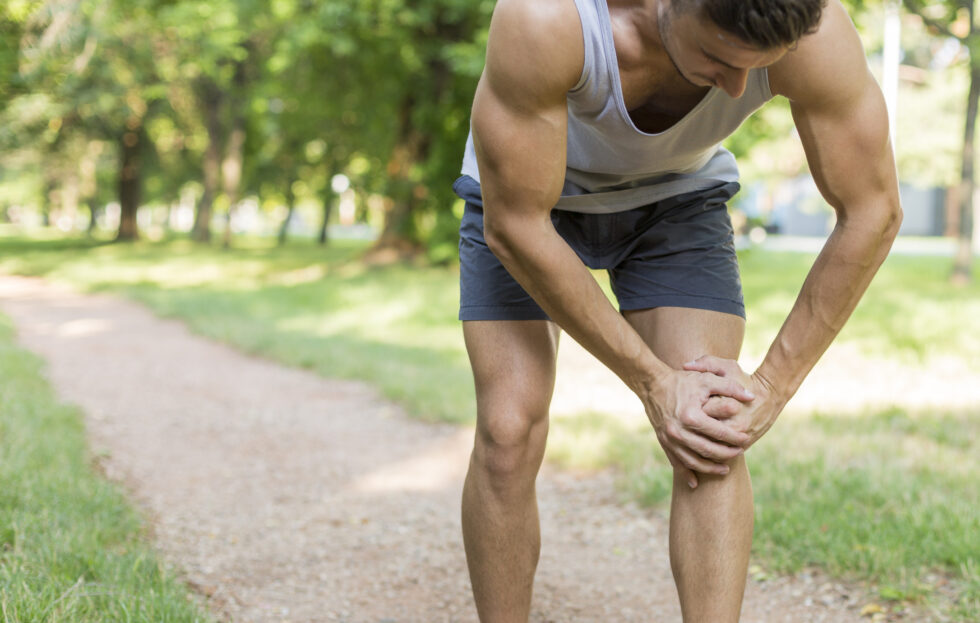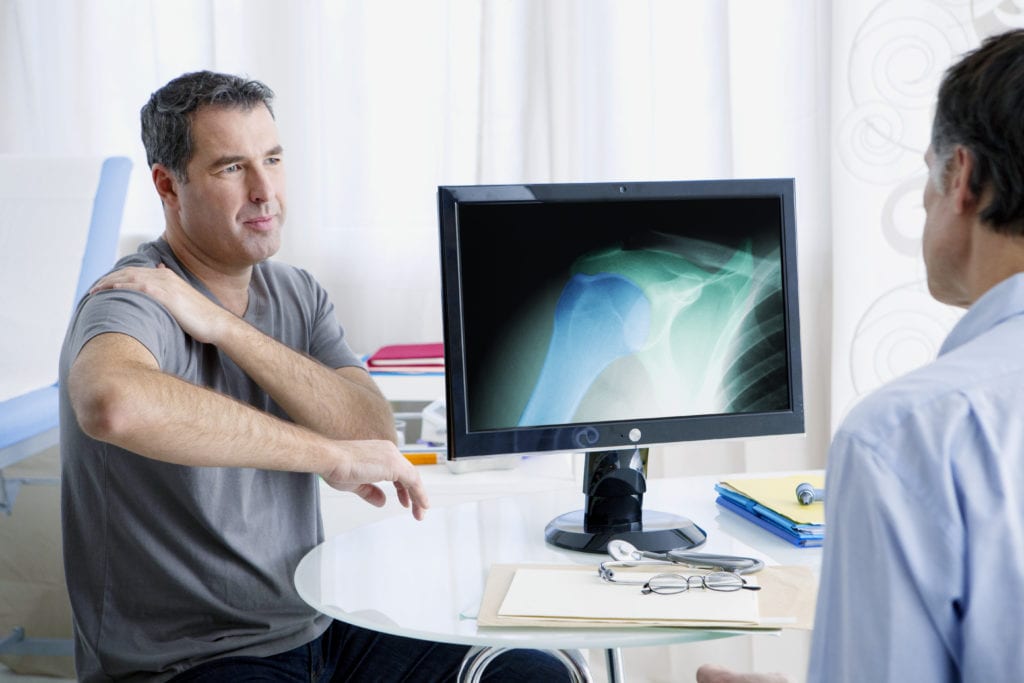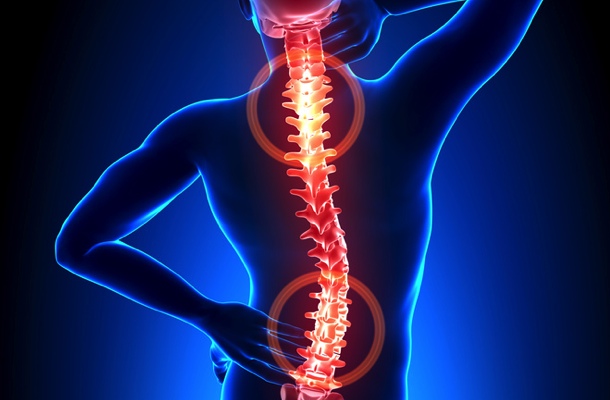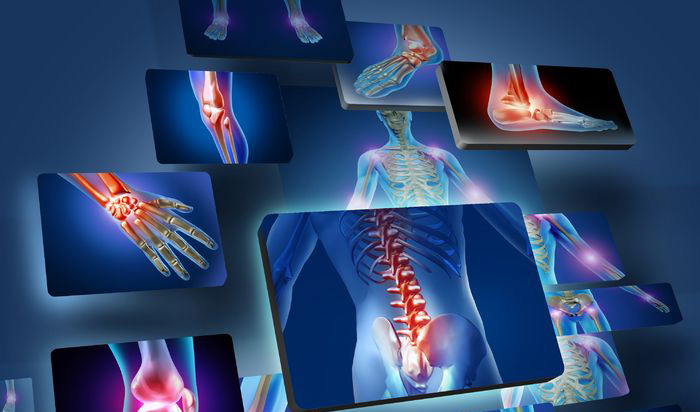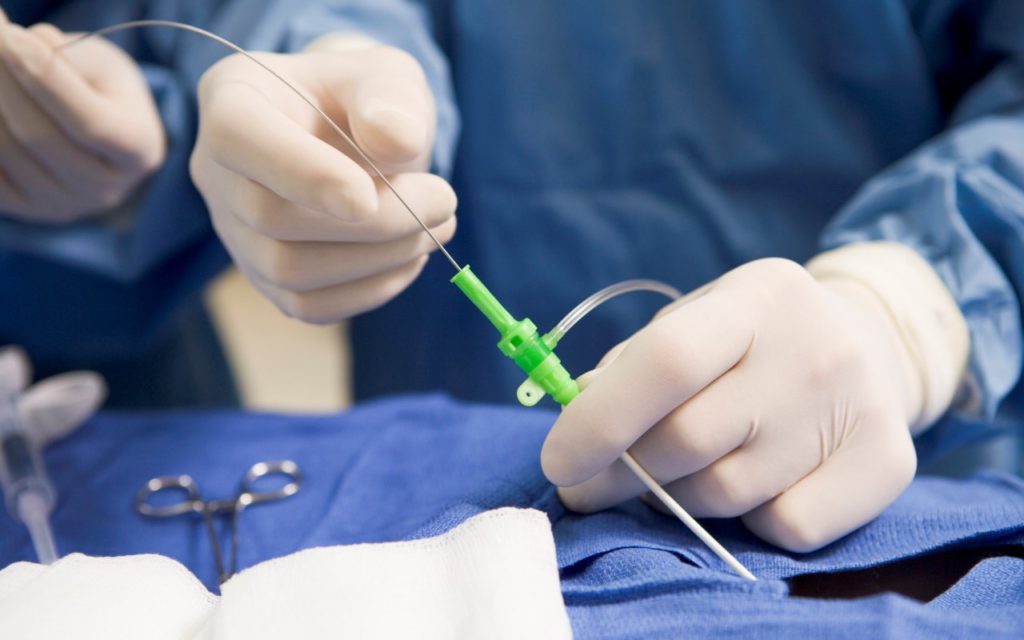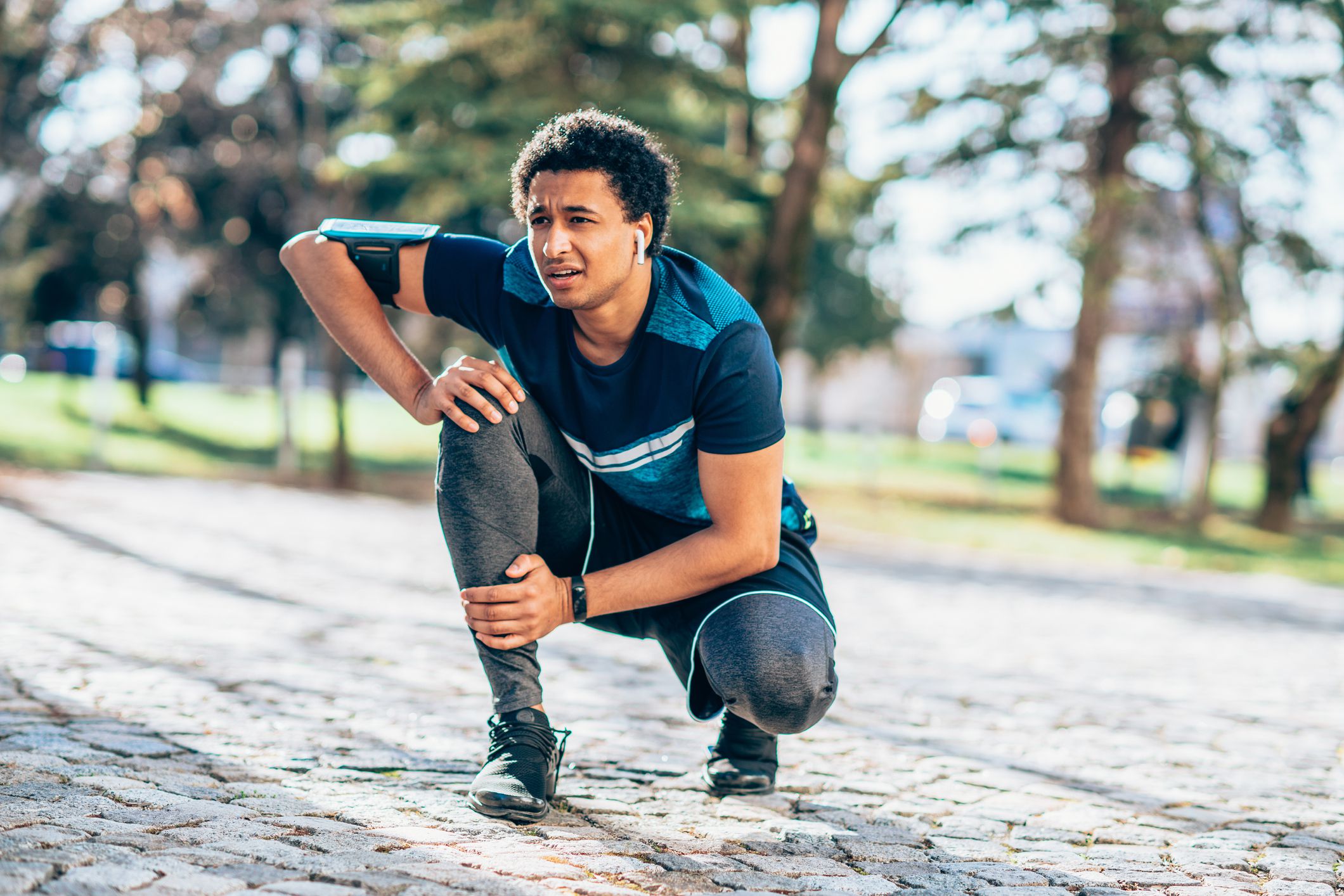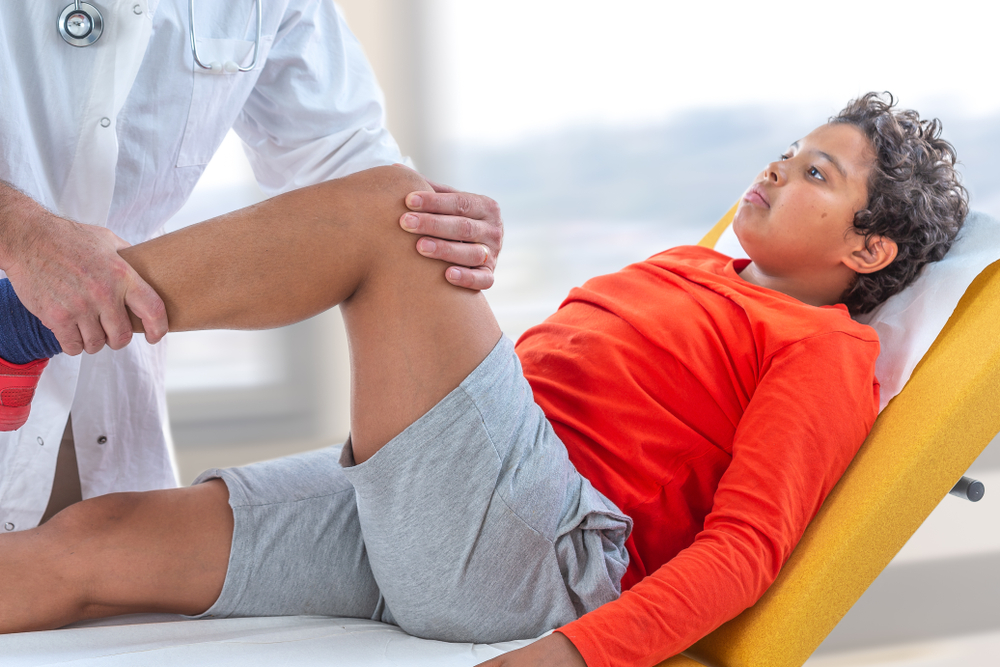What is Arthritis?
Arthritis is the swelling and tenderness of one or more joints. The main symptoms of arthritis are joint pain and stiffness, which typically worsen with age. The most common types of arthritis are osteoarthritis and rheumatoid arthritis.
Osteoarthritis causes cartilage — the hard, slippery tissue that covers the ends of bones where they form a joint — to break down. Rheumatoid arthritis is a disease in which the immune system attacks the joints, beginning with the lining of joints.
Uric acid crystals, which form when there’s too much uric acid in your blood, can cause gout. Infections or underlying disease, such as psoriasis or lupus, can cause other types of arthritis.
Treatments vary depending on the type of arthritis. The main goals of arthritis treatments are to reduce symptoms and improve quality of life.
Types of Arthritis
Arthritis is a broad term that describes more than 100 different joint conditions. The most common types of arthritis include:
- Osteoarthritis, or “wear and tear” arthritis, which develops when joint cartilage breaks down from repeated stress. It’s the most common form of arthritis.
- Ankylosing spondylitis, or arthritis of the spine (usually your lower back).
- Juvenile arthritis (JA), a disorder where the immune system attacks the tissue around joints. JA typically affects children 16 or younger.
- Gout, a disease that causes hard crystals of uric acid to form in your joints.
- Psoriatic arthritis, joint inflammation that develops in people with psoriasis (autoimmune disorder that causes skin irritation).
- Rheumatoid arthritis, a disease that causes the immune system to attack synovial membranes in your joints.

What causes arthritis?
-
Different types of arthritis have different causes. For instance, gout is the result of too much uric acid in your body. But for other types of arthritis, the exact cause is unknown. You may develop arthritis if you:
- Have a family history of arthritis.
- Have a job or play a sport that puts repeated stress on your joints.
- Have certain autoimmune diseases or viral infections.
- The no needs for surgical incisions, detachment of the muscles from the bones of the vertebral laminae, removal of bone and ligaments, determines the absence of problems as typical for “traditional” surgery such as the formation of scars around the nerve roots, chronic pain due to muscle damage and, sometimes, also instability of the spine with the need perhaps of subsequent rather complex surgical re – operations.

What are some of the symptoms of Arthritis?
-
Different types of arthritis have different symptoms. They can be mild in some people and severe in others. Joint discomfort might come and go, or it could stay constant. Common symptoms include:
- Pain.
- Redness.
- Stiffness.
- Swelling.
- Tenderness.
- Warmth.

What are the risk factors for Arthritis?
Risk factors for arthritis include:
- Family history. Some types of arthritis run in families, so you may be more likely to develop arthritis if your parents or siblings have the disorder.
- Age. The risk of many types of arthritis — including osteoarthritis, rheumatoid arthritis and gout — increases with age.
- Your sex. Women are more likely than men to develop rheumatoid arthritis, while most of the people who have gout, another type of arthritis, are men.
- Previous joint injury. People who have injured a joint, perhaps while playing a sport, are more likely to eventually develop arthritis in that joint.
- Obesity. Carrying excess pounds puts stress on joints, particularly your knees, hips and spine. People with obesity have a higher risk of developing arthritis.
How can i prevent Arthritis?
You can lower your chances of developing arthritis by:
- Avoiding tobacco products.
- Doing low-impact, non-weight bearing exercise.
- Maintaining a healthy body weight.
- Reducing your risk of joint injuries.


Growing Pains – Are They Real?
It’s the middle of the night and your child wakes up complaining of leg pain for the third time this week. As a parent, you worry that it might not just be the result of sports practice earlier that day. Is it something much, much worse that you could be overlooking?...

Limb Lengthening and Reconstruction: Managing Leg Discrepancy
There are many different reasons for leg length discrepancy, but there are essentially two main causes: being born with a condition that causes one leg to grow slower than the other or an incident that affects the length of the bone (fracture) or affects the growth...

Back pain treatment using PLDD
What is Percutaneous Laser Disc Decompression (PLDD)?If you suffer from agonizing back or neck pain as a result of a herniated disc, PLDD (Percutaneous Laser Disc Decompression) offers quick relief without surgery. PLDD is the minimally-invasive medical procedure...

Signs you should see a joint specialist
When joint pain means it's time to see an orthopedic doctorAll of the parts of the human body always function harmoniously. This harmony that allows you to walk, run, lift, bend, and twist is not at the forefront of your mind when everything is working smoothly....

How do you know if you tore your ACL?
What is the ACL?Your ACL is one of the major and most important ligaments in your knee, namely the anterior cruciate ligament. An ACL injury is a sprain or tear of the anterior cruciate ligament (ACL). The function of the ACL is to prevent your shinbone (tibia) from...

Preventing hip arthritis
A Guide to Choosing an Orthopedic Surgeon in KenyaFinding an orthopedic surgeon in Kenya to perform your surgery can be one of the most important decisions you can make. Before physically preparing for surgery, you will need to prepare by selecting a hospital and an...

Pelvic Fractures
What is the pelvis?The pelvis is a butterfly-shaped group of bones at the base of the spine. It consists of the pubis, ilium, and ischium bones held together by tough ligaments to form a girdle of bones. With a hole in its center, the pelvis forms one major ring and...

Benefits of PRP Treatment
Benefits of platelet-rich plasma (PRP) in healing orthopedic injuriesOrthopedic injuries involved invasive procedures, complicated surgeries with lengthy hospital stays, and a long road to recovery. Today, technology and medical science make it possible to undergo a...

Recovering from Ankle Arthroscopy
Ankle Arthroscopy in KenyaThe ankle is a complex joint made up of three bones, interconnected with 4 major ligaments, making each ankle surgery unique. Because of this complex nature, ankles need ample time to recover. Most patients are able to return to their normal...

What can you do about stiff knee pain?
Understanding Knee StiffnessOur knees are stabilized by two pairs of ligaments: medial and lateral collateral ligaments and posterior and anterior cruciate ligaments. There are also two pieces of cartilage, called menisci, which act as a cushion to protect the bones....
Request an appointment with orthopedic specialists in Kenya at Orthobridge Institute, an orthopedic center in Nairobi, Kenya.
Contact us or schedule a consultation online to learn more.
